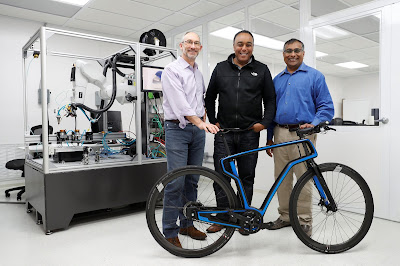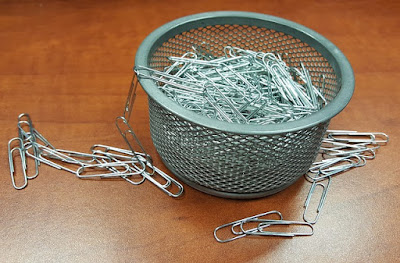Customer Attitudes About Emerging Technologies

Excerpt from an article by Remie Arena To read more, visit eMarketer "A global survey by marketing platform Hubspot found that among a variety of emerging concepts, cryptocurrencies and their underlying technology, blockchain, leave the most people scratching their heads. Interestingly, though, those surveyed seemed to perceive that blockchain and cryptocurrencies were not one in the same, because while more than one-quarter of respondents called cryptocurrencies overhyped, only 10% said the same about blockchain. Two other emerging technologies that were also fairly widely perceived as being overhyped were driverless cars and artificial intelligence (AI). In fact, the survey found that half of respondents did not expect AI to ever have an impact on their jobs."















